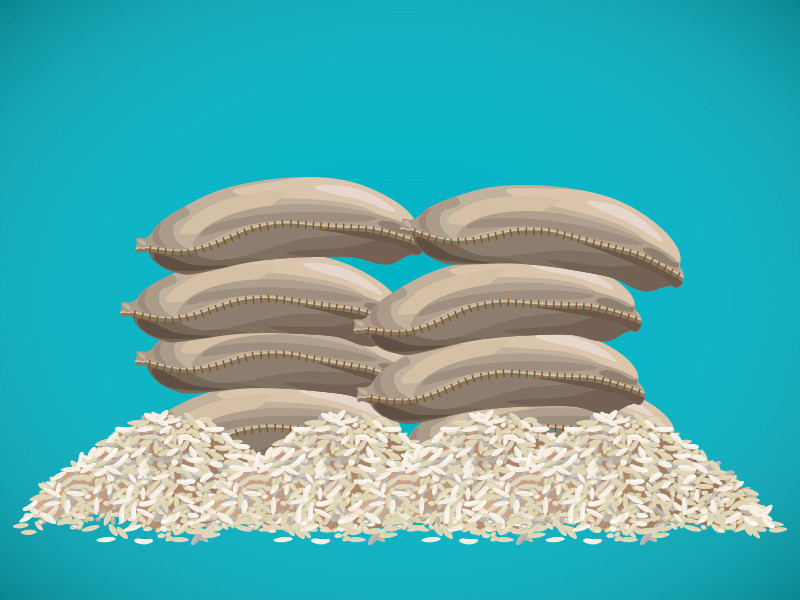Nairobi: An estimated 931 million tonnes of food sold in 2019 landed in waste bins, according to new United Nations (UN) research released on Thursday.
Produced by the UN Environment Programme (UNEP) and partner organization WRAP, the Food Waste Index Report 2021 reveals that between food wasted in homes, restaurants and shops, 17 percent of all food is just dumped.
The study represents the most comprehensive food waste data collection, analysis and modelling ever done, and offers a methodology for countries to accurately measure loss.
"If we want to get serious about tackling climate change, nature and biodiversity loss, and pollution and waste, businesses, governments and citizens around the world have to do their part to reduce food waste," said Inger Andersen, Executive Director of the UN Environment Programme (UNEP) in a press release on Thursday.
Food waste has substantial environmental, social and economic impacts. For example, at a time when climate action is still lagging, 8-10 percent of global greenhouse gas emissions are associated with food that is not consumed, when losses before consumer level are taken into account.
"Reducing food waste would cut greenhouse gas emissions, slow the destruction of nature through land conversion and pollution, enhance the availability of food and thus reduce hunger and save money at a time of global recession," Andersen stated.
According to the UN official, The UN Food Systems Summit this year will provide an opportunity to launch bold new actions to tackle food waste globally.
Countries can raise climate ambition by including food waste in Nationally Determined Contributions to the Paris Agreement, while strengthening food security and cutting costs to households.
Cek Berita dan Artikel yang lain di Google News
FOLLOW US
Ikuti media sosial medcom.id dan dapatkan berbagai keuntungan



















